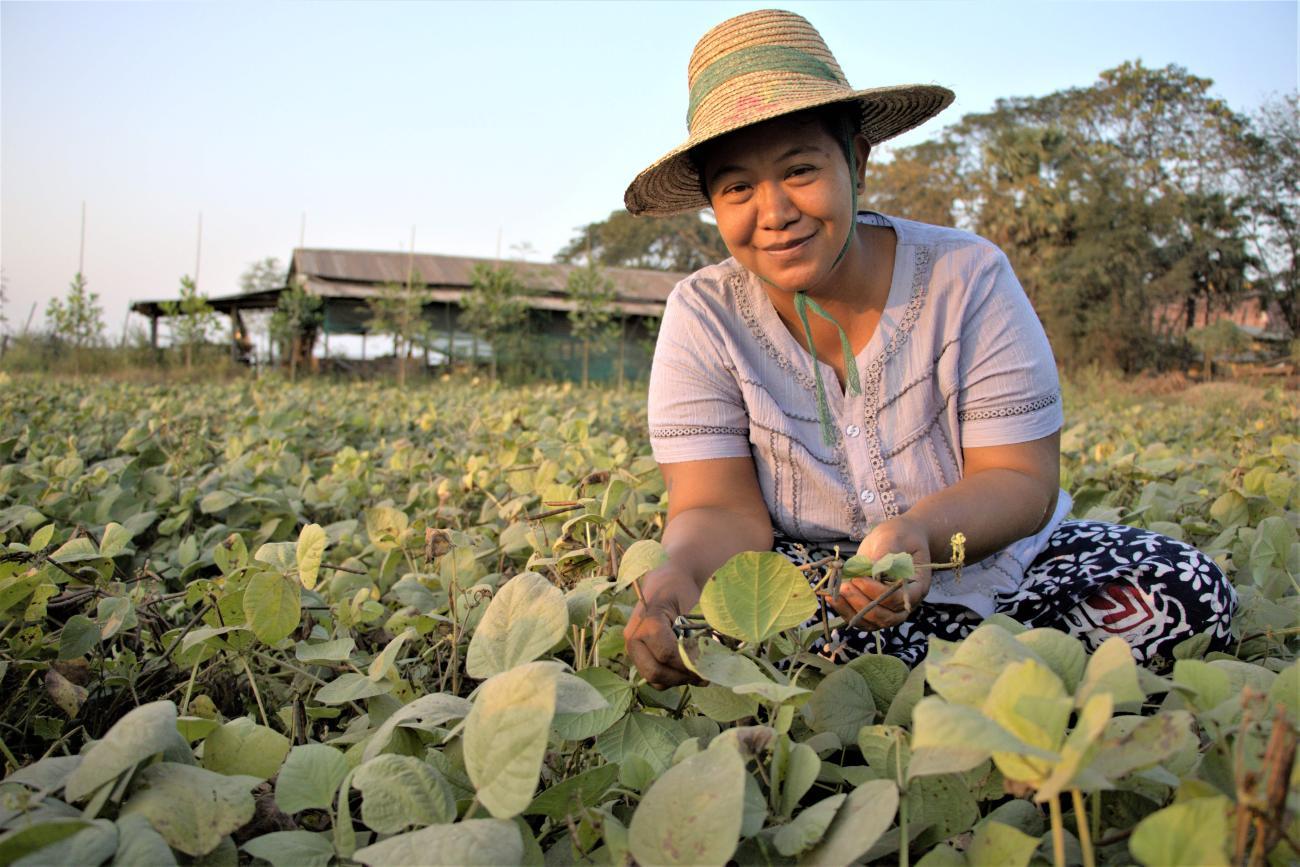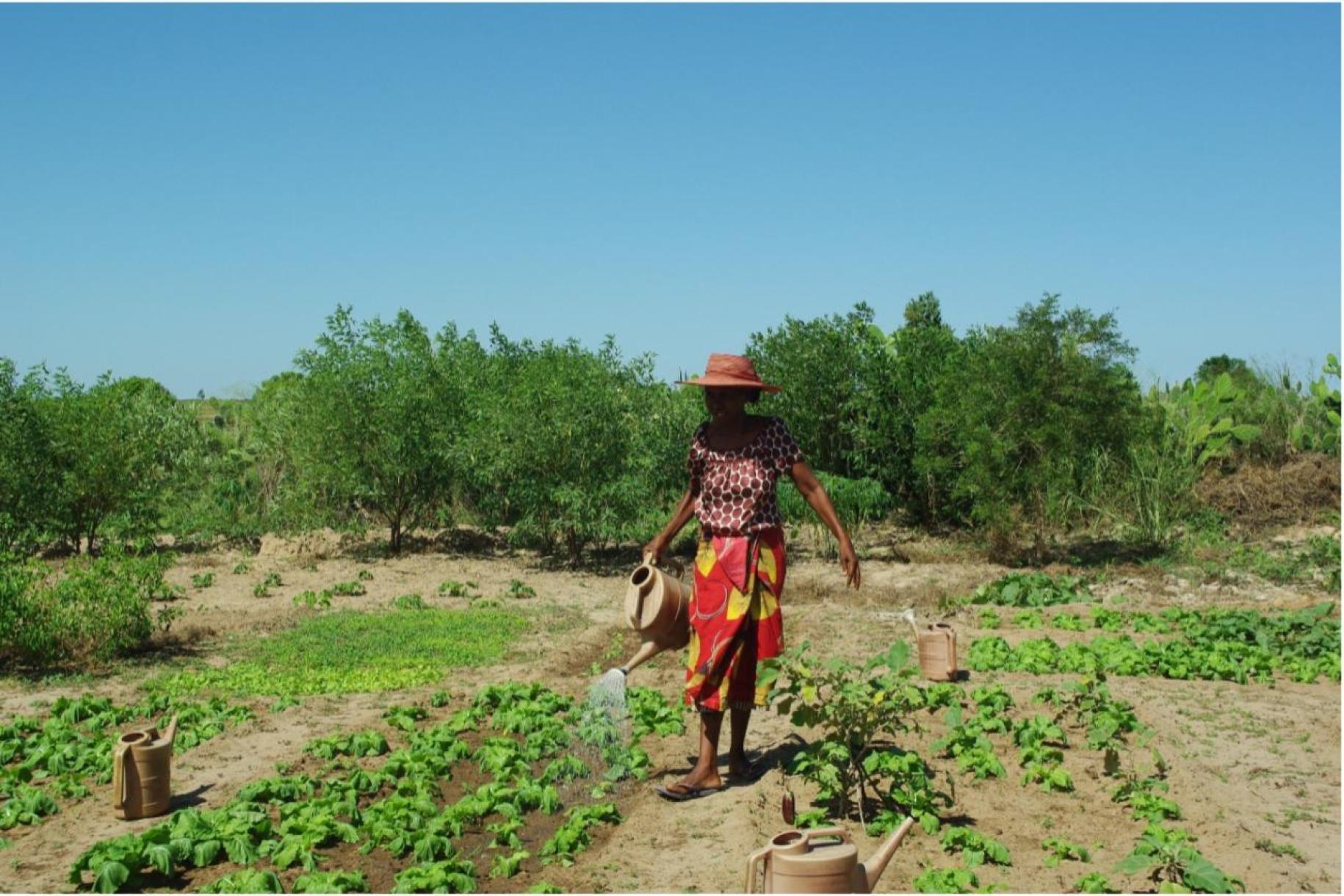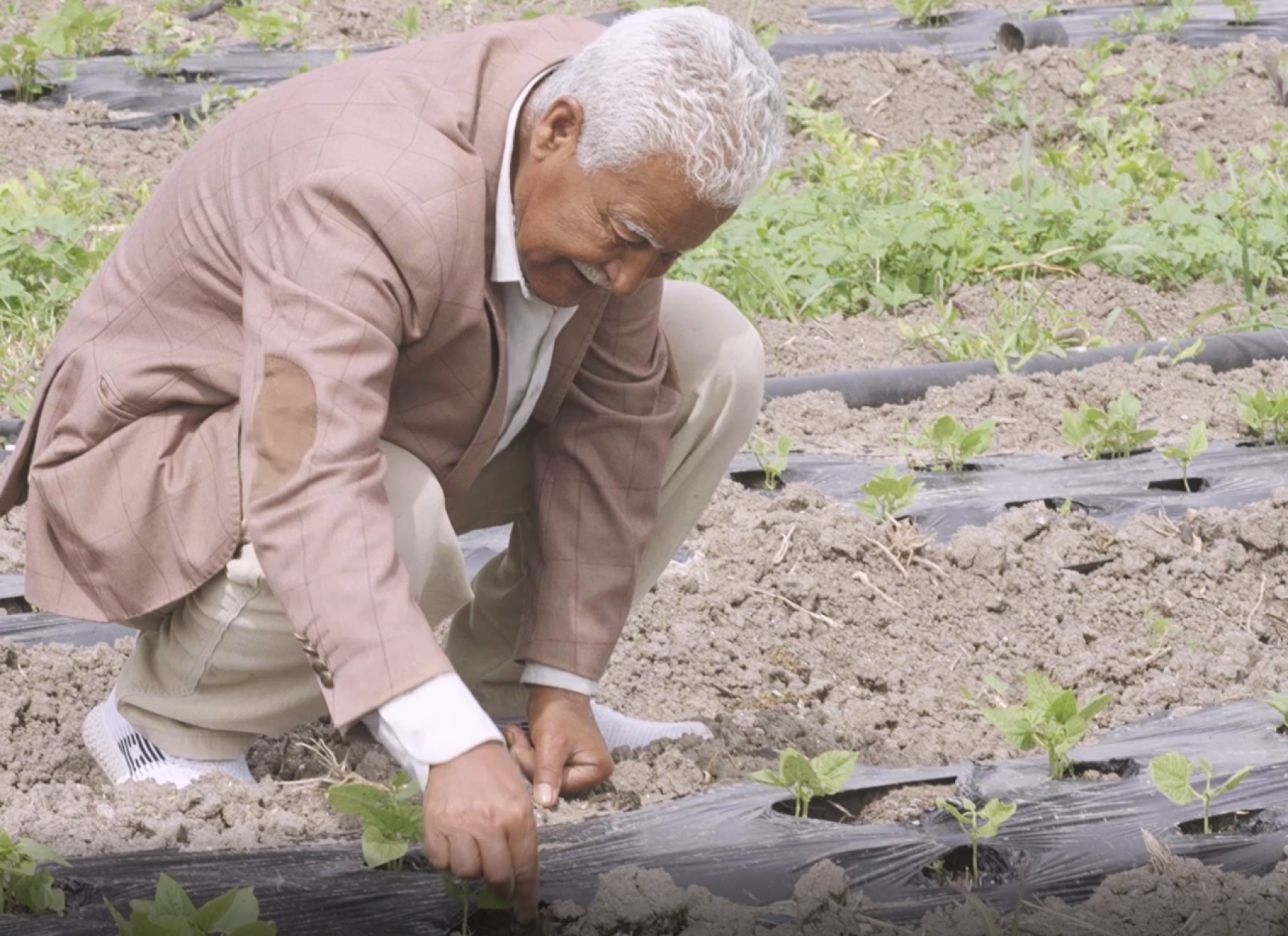Carrying the promise of sustainable food systems forward: A UN country-team perspective

Almost two years ago, world leaders, civil society and private sector partners came together at the UN Food Systems Summit in Rome in search of a ‘new deal’ for people, planet and prosperity.
The commitments made at the Summit set out a path towards a complete transformation in the way the world produces and consumes food; promising to build a global food system which reduces rather than perpetuates inequalities and offers solutions towards the deepening climate, pollution and biodiversity crisis.
How far we’ve come in this shared journey towards sustainable food systems is a question global leaders will assess this week at the UN Food Systems Summit +2 ‘Stocktaking Moment’.
What is clear however, is that the more frequent rate of extreme weather events, rising inflation and spike in global food, fuel and fertilizer prices following the Russian invasion of Ukraine has complicated progress towards the bold commitments first set out in Rome two years ago.
But despite these obstacles at the global level, our UN teams on the ground have been working with local and national partners to strengthen food security, support agricultural adaption and take small but significant steps to keeping to the commitments of a food systems transformation alive.
Here’s a snapshot of these efforts:
Combatting malnutrition in Madagascar:
In Madagascar, the Resident Coordinator, Issa Sanogo, has led the UN country team’s multi-sectoral approach to tackling food insecurity and malnutrition amid unprecedented weather events, including cyclones and the most severe drought in 40 years.
From promoting the use of integrated prevention measures, like nutritional support and awareness raising, to supporting farmers adopt more sustainable agricultural practice like solar-powered irrigation systems and drought resistant seeds, the UN’s system wide efforts in Madagascar are helping build food resilience from the bottom up. Read more about their efforts here.

Double monsoon rice cultivation in Myanmar
In Myanmar, rice is a key staple crop. Most farmers in the country only grow one crop of rice in the monsoon season, however, the impact of the protracted crisis on the agricultural sector, including an increase in commodity prices and restrictions in movements, is forcing some rice farmers to find new ways of boosting food production.
The UN country team, led by FAO, has implemented a pilot project in three townships to promote ‘double monsoon rice ‘cultivation; a technique which enables farmers to grow two paddy crops in a monsoon season, immediately growing the second once the first is harvested. This programme, which particularly targets women farmers, is helping increase rice yield and improve food resilience amid shocks.
Learn more about how the UN team is supporting women farmers in Myanmar adopt more innovative agricultural practices here.
Responding to water woes in Jordan
Jordan is one of the world’s most water scarce countries in the world, as little as 61 m3 of water available per person every year. Jordan’sagricultural sector, which consumes 51% of the country’s freshwater resources, is especially vulnerable to the effects of water scarcity and climate change.
As the Resident Coordinator in Jordan, Sheri Ritsema-Anderson, outlines in this video, lowering the country’s reliance on freshwater is critical to strengthening the country’s agricultural sector and food security. This is why the UN team in Jordan partnered with the Government to introduce new techniques for using reclaimed water to create for efficient agricultural irrigation systems. From rooftop rainwater harvesting, to the use of water domestic water saving devices, learn more about how the UN is using innovation to respond to water scarcity across Jordan.

Nuclear watering-saving technology in Namibia
After the worst drought in 90 years, agricultural production hit an all-time low in Namibia in 2019. Against the backdrop of serious food shortages, the UN in Namibia, led by FAO and IAEA, are supporting farmers in the northern region find new ways of reducing water use and improve agricultural yields.
The project, which was first launched in 2020 and continues today, uses an innovative combination of nuclear techniques and a water-saving irrigation technology, known as small-scale drip irrigation, to water crops. Based on cosmic ray neutron sensors, which provide real-time data on soil moisture, these techniques have allowed farmers to deliver small but precise amounts of water directly to the plants, and thereby mitigate the effects of droughts at any crop growth stages. Follow the full story here.
Supporting agri-cooperatives in Cuba
In Cuba, the UN team, led by WFP and FAO, is helping agricultural cooperatives in the eastern part of the country boost food production and empower local growers to adapt to the impact of climate change.
For vegetable and grain producers, being able to maintain production and value chains amid different shocks is key. One of the ways the project supports this is by connecting local producers directly with food distribution centres, including schools feeding programs and providing farmers with the tools to both understand and mitigate the specific vulnerabilities in their local food production. From vermiculture to using live barriers, learn more about these sustainable solutions here.













